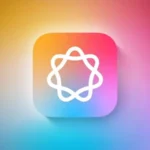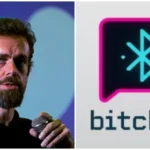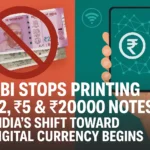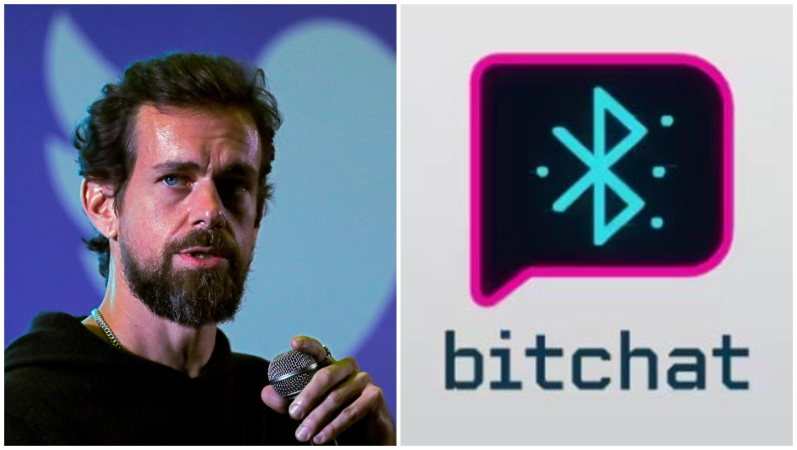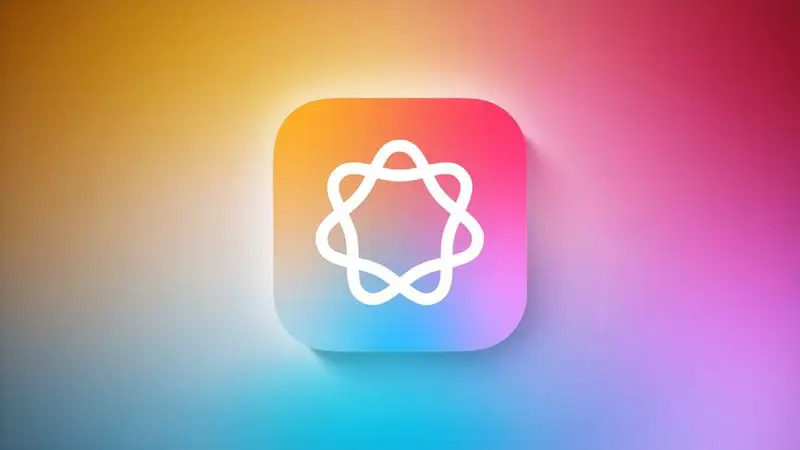Imagine sending a message to someone even when you have no internet, no SIM, and no mobile network. Sounds impossible?
Not anymore — thanks to Bitchat, the latest innovation by none other than Jack Dorsey, co-founder of Twitter and Square.
In an era where everything relies on being “online,” this app is a refreshing and revolutionary concept — built for privacy, resilience, and freedom. Let’s explore what Bitchat is, how it works, and why it could change the future of digital communication.
What is Bitchat?
Bitchat is an encrypted messaging app that works offline using a technology called Bluetooth mesh networking.
In simple terms, you don’t need internet, mobile data, or even a working SIM card to send a message. Instead, your message is sent from your device to nearby devices using Bluetooth. From there, it can “hop” across other connected devices until it reaches the intended recipient.
This makes it a peer-to-peer messaging app that works even when there is no central server, no ISP, and no mobile tower in sight.
Who created Bitchat?
The app was recently announced by Jack Dorsey, a name well-known in the tech world as the co-founder of Twitter (now X) and Square (now Block).
Jack has always been vocal about issues like digital freedom, privacy, decentralization, and censorship-resistance. Bitchat is an extension of that vision — a tool designed to let people communicate freely and privately, no matter where they are or what situation they’re in.
How does Bitchat work?
Bitchat uses Bluetooth mesh technology, which allows nearby devices to connect and form a decentralized network. Here’s how it works:
- You open the app and type a message.
- Your device sends the message via Bluetooth to the closest device running Bitchat.
- If the recipient is not in direct range, the message hops through other nearby devices (like a chain).
- Eventually, it reaches the recipient — even if they’re a few devices away.
This is known as “multi-hop communication”, and it has been used in military and disaster communication systems in the past.
The beauty of Bitchat lies in its simplicity and resilience.
What about security and privacy?
Security is a key pillar of Bitchat. All messages sent through the app are end-to-end encrypted, which means:
- No one — not even the developers — can read your messages.
- There is no central server where your data is stored.
- Your messages can’t be intercepted or monitored by third parties.
This makes Bitchat highly secure, private, and almost impossible to censor — perfect for places where internet shutdowns or surveillance are common.
Where can Bitchat be useful?
There are many real-world situations where an offline messaging app like Bitchat can be a lifesaver:
During Protests or Internet Shutdowns
In countries where the internet is deliberately shut down during protests or political unrest, Bitchat allows people to communicate without depending on mobile networks.
In Natural Disasters or Emergency Zones
After earthquakes, floods, or storms, network towers often go down. Bitchat can help survivors and rescue teams stay connected when no other means are available.
Rural or Remote Areas
In villages, mountains, or jungle regions where mobile signals are weak or non-existent, Bitchat becomes an ideal tool for peer-to-peer messaging.
Inside College Campuses or Events
Think of big campuses or music festivals where the network gets congested. Bitchat can let people chat seamlessly without using bandwidth.
Features of Bitchat (So Far)
While the app is still in early stages, here’s what’s being reported or expected:
- Works completely offline via Bluetooth
- End-to-end encrypted chats
- Multi-hop delivery via nearby devices
- One-to-one messaging (group messaging may come later)
- No sign-up or SIM needed
- Open-source and privacy-first approach
Is This the Future of Messaging?
In a time when major messaging apps are owned by big corporations and often depend on centralized servers, an app like Bitchat feels like a rebellion — in a good way.
It gives power back to the users, removes reliance on ISPs or tech giants, and allows communication in areas that were previously unreachable.
We may not see mass adoption of Bluetooth mesh messaging overnight, but apps like Bitchat signal a shift toward more decentralized, user-controlled technologies.
And with privacy and data breaches becoming everyday news, tools like this could be our best defense.
Final Thoughts
Jack Dorsey’s Bitchat is not just an app. It’s a statement.
It challenges the idea that we must always be online to stay connected. It opens the door to a world where communication is free, private, and independent of the digital monopolies we’re used to.
Whether you’re a privacy enthusiast, a tech geek, or just someone curious about the future — this is definitely one app to watch.
What Do You Think?
Would you use an offline messaging app like Bitchat?
Do you think Bluetooth mesh is the future of digital communication?
Let us know in the comments below — and stay tuned to The Optimum Hub for more real-world tech stories explained simply!
